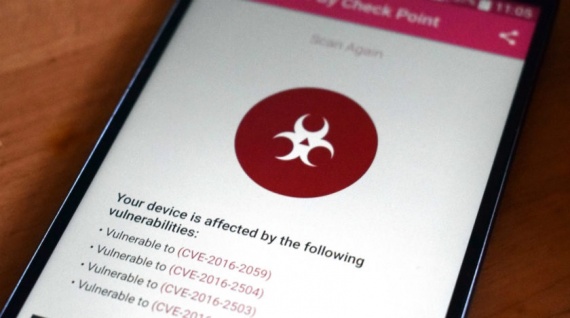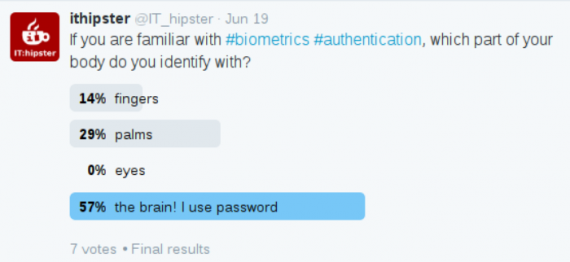On hypocrisy and spyware
I said it earlier this century, "state-sponsored malware/spyware developers ARE de facto blackhats".
There is no «legitimate» third side to receive zero days. Either you give a priority to your software vendor (and contribute to the defensive side) or you do not and contribute to the bad guys. Yes, bad.
Not that I blame vulnerability researchers for being immoral. I am a free market advocate: if a software vendor is not willing to pay a competitive price for vulnerability information, it certainly deserves the consequences. I just hate hypocrites that fail to admit the obvious fact that they are no different to blackhats — because «we sell to government and law enforcement only» clause makes no real difference.
They ARE different.
The ideal black market for zero day exploits is free and open for anyone, including software vendors searching for the exploits in their software. You, as a seller, do not want to sell your exploit to the vendor of the vulnerable software, because you are interested in the exploit's longevity. But on the black market there is no way for you to know if a buyer works for the vendor (directly or indirectly).
Contrary to that, the real market (thoroughly regulated by the government) completely rigs the game to the detriment of the software vendors. First, a software vendor is explicitly banned from participation (by this «we sell only to law enforcement»), no legitimate purchases for a vendor, tough luck. Second, it is open for trusted brokers who make huge profits from the fact they got government approvals (see HBGary leak to find out how hard some people try to set a foot there with quite limited success).
Needless to say, newly proposed so-called «cyber arms regulations» only worsen the situation, making free black market for zero day exploits illegal in favor of government-approved brokers.
So they are not «just» blackhats. They are the most vicious breed. They found a perfect exploit for the government. They use regulations to defeat their victims.
There is no «legitimate» third side to receive zero days. Either you give a priority to your software vendor (and contribute to the defensive side) or you do not and contribute to the bad guys. Yes, bad.
Not that I blame vulnerability researchers for being immoral. I am a free market advocate: if a software vendor is not willing to pay a competitive price for vulnerability information, it certainly deserves the consequences. I just hate hypocrites that fail to admit the obvious fact that they are no different to blackhats — because «we sell to government and law enforcement only» clause makes no real difference.
But, wait!
They ARE different.
The ideal black market for zero day exploits is free and open for anyone, including software vendors searching for the exploits in their software. You, as a seller, do not want to sell your exploit to the vendor of the vulnerable software, because you are interested in the exploit's longevity. But on the black market there is no way for you to know if a buyer works for the vendor (directly or indirectly).
Contrary to that, the real market (thoroughly regulated by the government) completely rigs the game to the detriment of the software vendors. First, a software vendor is explicitly banned from participation (by this «we sell only to law enforcement»), no legitimate purchases for a vendor, tough luck. Second, it is open for trusted brokers who make huge profits from the fact they got government approvals (see HBGary leak to find out how hard some people try to set a foot there with quite limited success).
Needless to say, newly proposed so-called «cyber arms regulations» only worsen the situation, making free black market for zero day exploits illegal in favor of government-approved brokers.
So they are not «just» blackhats. They are the most vicious breed. They found a perfect exploit for the government. They use regulations to defeat their victims.








